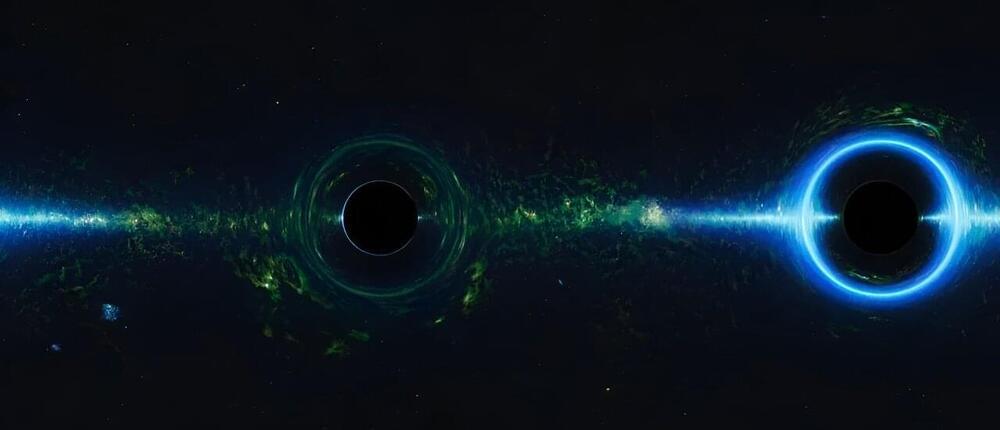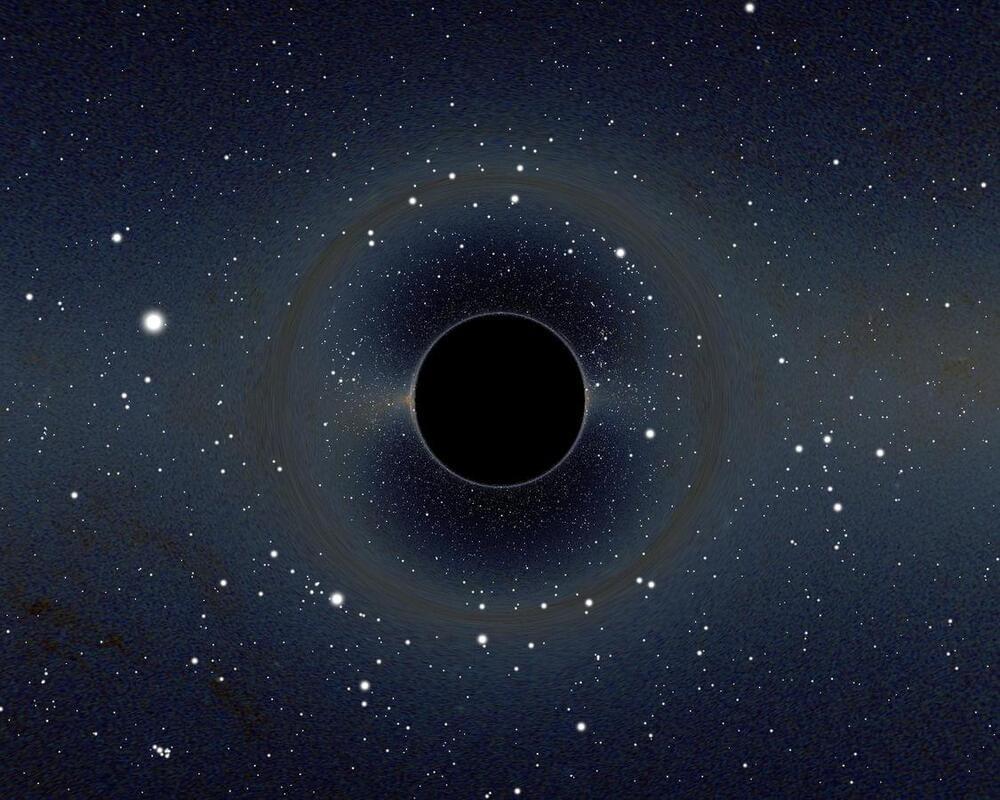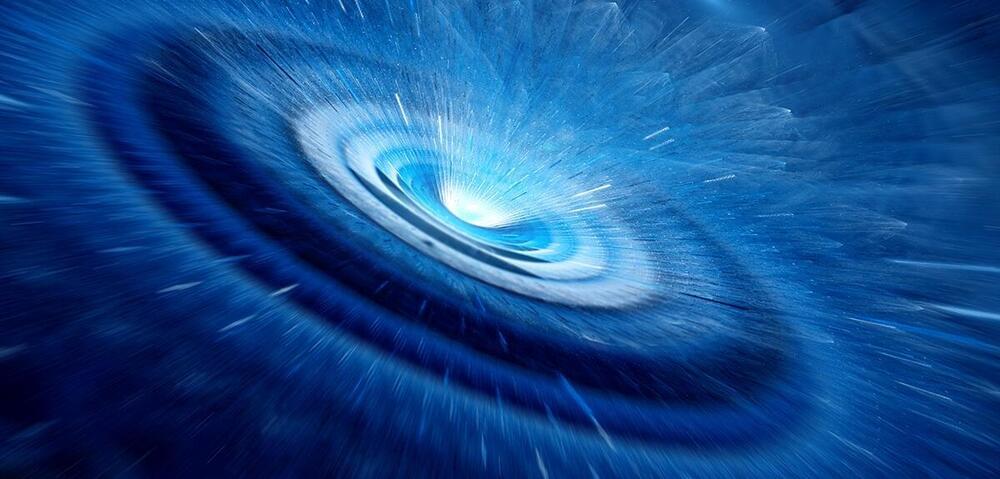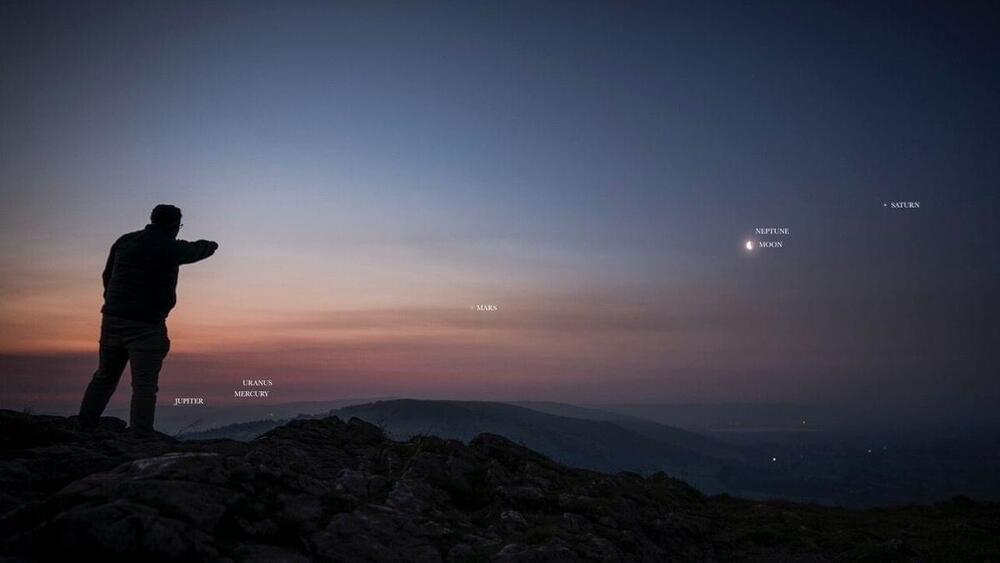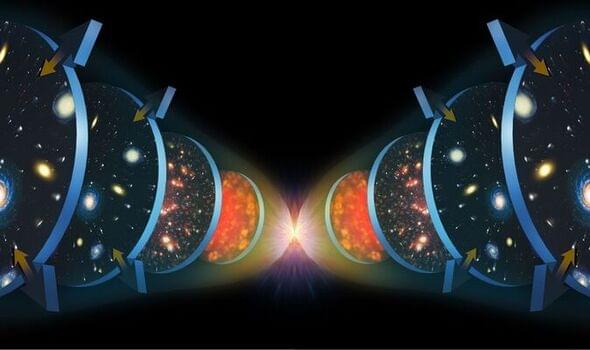The American theoretical physicist, Brian Greene explains various hypotheses about the causation of the big bang. Brian Greene is an excellent science communicator and he makes complex cosmological concepts more easy to understand.
The Big Bang explains the evolution of the universe from a starting density and temperature that is currently well beyond humanity’s capability to replicate. Thus the most extreme conditions and earliest times of the universe are speculative and any explanation for what caused the big bang should be taken with a grain of salt. Nevertheless that shouldn’t stop us to ask questions like what was there before the big bang.
Brian Greene mentions the possibility that time itself may have originated with the birth of the cosmos about 13.8 billion years ago.
To understand how the Universe came to be, scientists combine mathematical models with observations and develop workable theories which explain the evolution of the cosmos. The Big Bang theory, which is built upon the equations of classical general relativity, indicates a singularity at the origin of cosmic time.
However, the physical theories of general relativity and quantum mechanics as currently realized are not applicable before the Planck epoch, which is the earliest period of time in the history of the universe, and correcting this will require the development of a correct treatment of quantum gravity.
Certain quantum gravity treatments imply that time itself could be an emergent property. Which leads some physicists to conclude that time did not exist before the Big Bang. While others are open to the possibility of time preceding the big bang.
